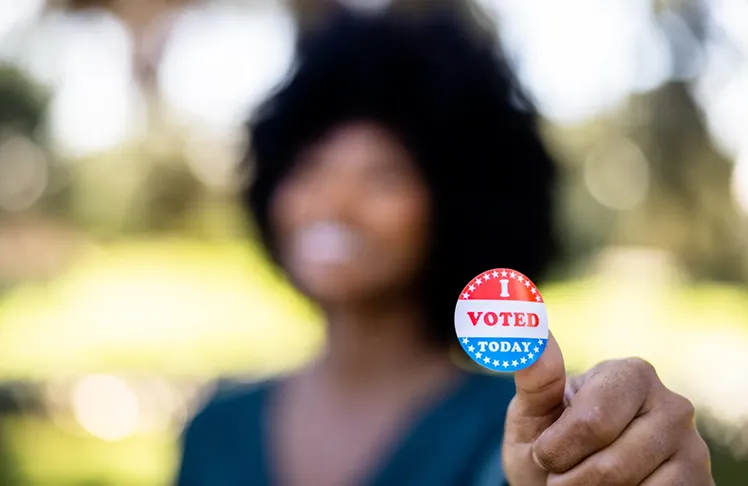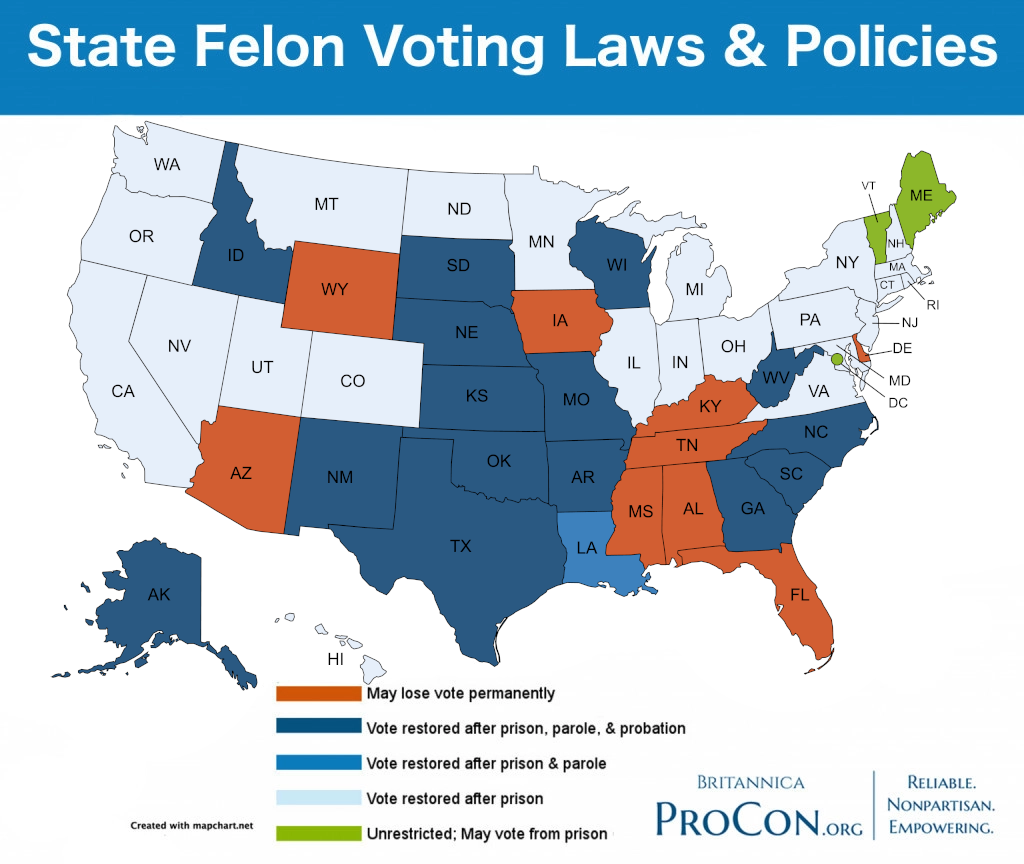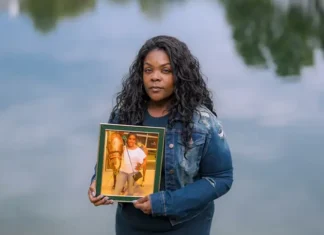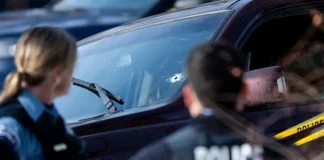
Only in America…Only two states (Maine and Vermont) do not impose voting rights restrictions on people with a felony conviction. Across the nation, formerly incarcerated people confront a patchwork quilt of barriers, poll taxes, and hoops that create a kind of civic hell hole denying returning citizens the right to cast a ballot. Only in America, a person with 34 felony convictions can register — not vote — for president of the United States.
While the Constitution does not guarantee incarcerated and formerly incarcerated people voting rights, perversely a person convicted of a felony can seek election to federal office including the House of Representatives, the U.S, Senate and the presidency.
Even after an individual has served their time and completed their sentence, the penalties denying them full voting rights of citizenship are clustered in a web of restrictions, obstacles and hoops, depending on the state where that citizen resides. Fifteen states deny voting rights to people with felony convictions, both while they’re incarcerated and while on parole or probation.
In some states the barriers are easier to clear, providing formerly incarcerated people automatic voting rights restoration after completion of their sentence/probation and submission of voter registration documents. In other states, people must apply for restoration of voting rights, sometimes enduring a waiting period of several years after completion of sentence. They’re forced to pay a kind of poll tax for outstanding fines and court costs. In still other states, people convicted of felonies must navigate interminable barriers, sentenced to a kind of civic death penalty, permanently losing their right to vote.
Voting rights restored automatically upon release from prison in: The District of Columbia, Hawaii, Illinois, Indiana, Massachusetts, Michigan, Montana, New Hampshire, North Dakota, Ohio, Oregon, Pennsylvania, Rhode Island, and Utah.

- Voting rights restored automatically once released from prison and discharged from parole (probationers can vote) in: California, Colorado, Connecticut, New York, and South Dakota.
- Voting rights restored automatically upon completion of sentence, including prison, parole, and probation in: Alaska, Arizona, Arkansas, Georgia, Idaho, Kansas, Louisiana, Maryland, Minnesota, Missouri, Nebraska, New Jersey, New Mexico, North Carolina, Oklahoma, South Carolina, Texas, Washington, West Virginia, and Wisconsin.
- Voting rights restoration is dependent on the type of conviction and/or the outcome of an individual petition or application to the government in: Alabama, Delaware, Mississippi, Nevada, Tennessee, and Wyoming.
- Voting rights can only be restored through an individual petition or application to the government in:Florida, Iowa, Kentucky, andVirginia.
As the presidential election continues to intensify, Unerased reviewed the policies and practices of 10 battleground and bellwether states on voting rights restoration for people with felony convictions. Embracing the spirit that every vote counts, we hope our findings are useful for people directly affected and for civic activists committed to enlisting new voters.
Voting Rights in 10 Battleground States

- Rights Restored on Release: Michigan, Ohio, Pennsylvania
- Rights Restored When Probation/Parole Complete: Arizona, Georgia, North Carolina, Wisconsin
- Rights Restored Depending on the Type of Conviction/Petition: Florida, Nevada, Virginia
Gwen McKinney is the creator of Unerased | Black Women Speak and is the founder of McKinney & Associates, the first African American and woman-owned communications firm in the nation’s capital that expressly promotes social justice and public policy.















